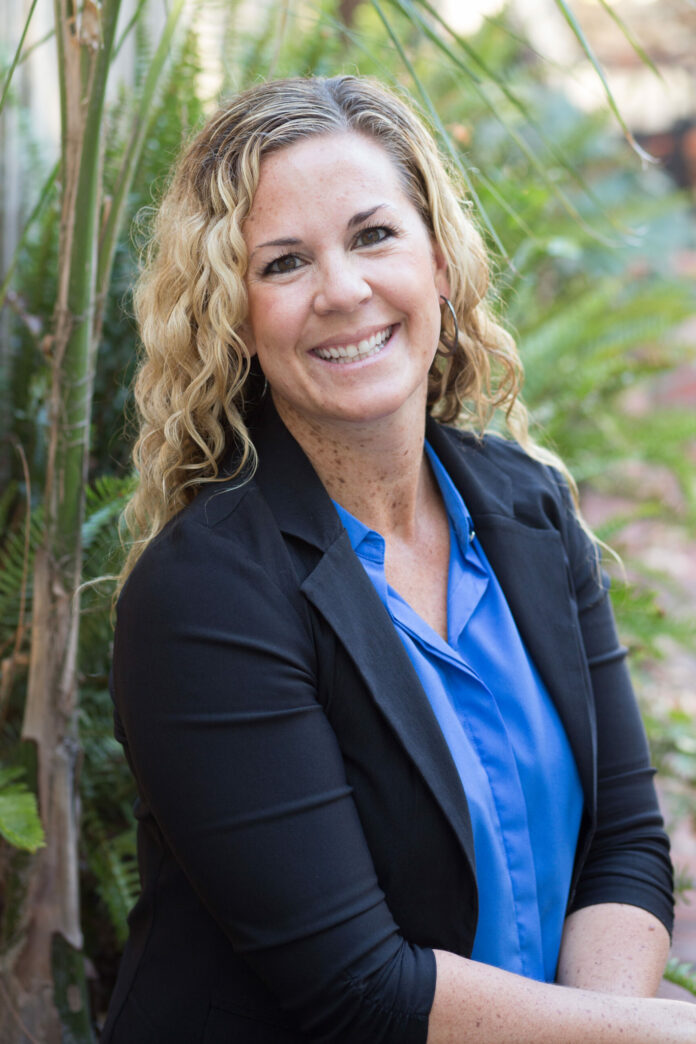Every September the mental health and addiction recovery community comes together to celebrate the gains made by those in recovery—just like we do for people recovering from other health conditions and diseases. Recovery Month is about educating our communities that substance use treatment and mental health services can enable those with a mental and/or substance use disorder to live a healthy and rewarding life.
The theme for Recovery Month this year is “Celebrating Connections”. In most cases, when it comes to recovery, we cannot do it alone. All of us, from celebrities and sports figures to our co-workers, neighbors, friends, and family members, throughout our lives have experienced peaks and valleys, both big and small. But, with strength, support, and hope from the people we love, we are resilient.
In recent years, the recovery community has grown and there are a lot of resources available for people seeking recovery for themselves or a loved one.
It is one of our goals at TherapyWorks to educate our community about substance use disorders and the effectiveness of treatment and recovery services. And that recovery is possible.
Tools To Help With Recovery
If your go-to coping tools are becoming unhealthy and you are looking for healthier ways to deal with stress, you can try virtual therapy, journaling, meditation and exercise. And if those tools aren’t enough, there are recovery programs for all ages. At TherapyWorks we have programs for addiction therapy, including two research-based programs to help teens and their family’s address drug and alcohol related concerns. To connect with our team, just text WECARE to 474747 and our team will reach out.
Recovery Is Possible — How The Recovery Process Works
Quickly or slowly, drug and alcohol use can steal everything from you or your loved ones. Family, friends, home, school and personal lives are stripped away. Fortunately, recovery is possible with the right treatment. The first phase of treatment of addictive disease focuses on the physical effects of alcohol or drug use. This can include detoxification or treating life-threatening disorders such as liver failure.
Since addictive disease is primarily a brain disease that results in behavioral symptoms, the main treatment is psychosocial therapy. This treatment usually focuses on the irrational feelings and distorted thinking that accompany chronic alcohol and drug abuse.
Alcoholism and drug addiction are chronic diseases that require a lifetime recovery plan. Most successful treatment plans include a focus on the 12 steps of Alcoholics Anonymous and involve ongoing, long-term participation in self help groups.
To improve successful outcomes, it is important for those in recovery to take an active role in determining their recovery goals while establishing specific action steps to facilitate positive results.
Need help now? The SAMHSA National Helpline is available 24/7. This is a confidential free help line, from public health agencies, to find substance use treatment and information. Just call 1-800-662-4357.
Maaliea Wilbur is a Licensed Marriage and Family Therapist and Executive Director of TherapyWorks. With 10+ years of experience, Maaliea’s broad-level expertise allows her to successfully support kids, teens, adults, couples and families. Maaliea is passionate about providing top-notch care as a trusted resource in her community.













